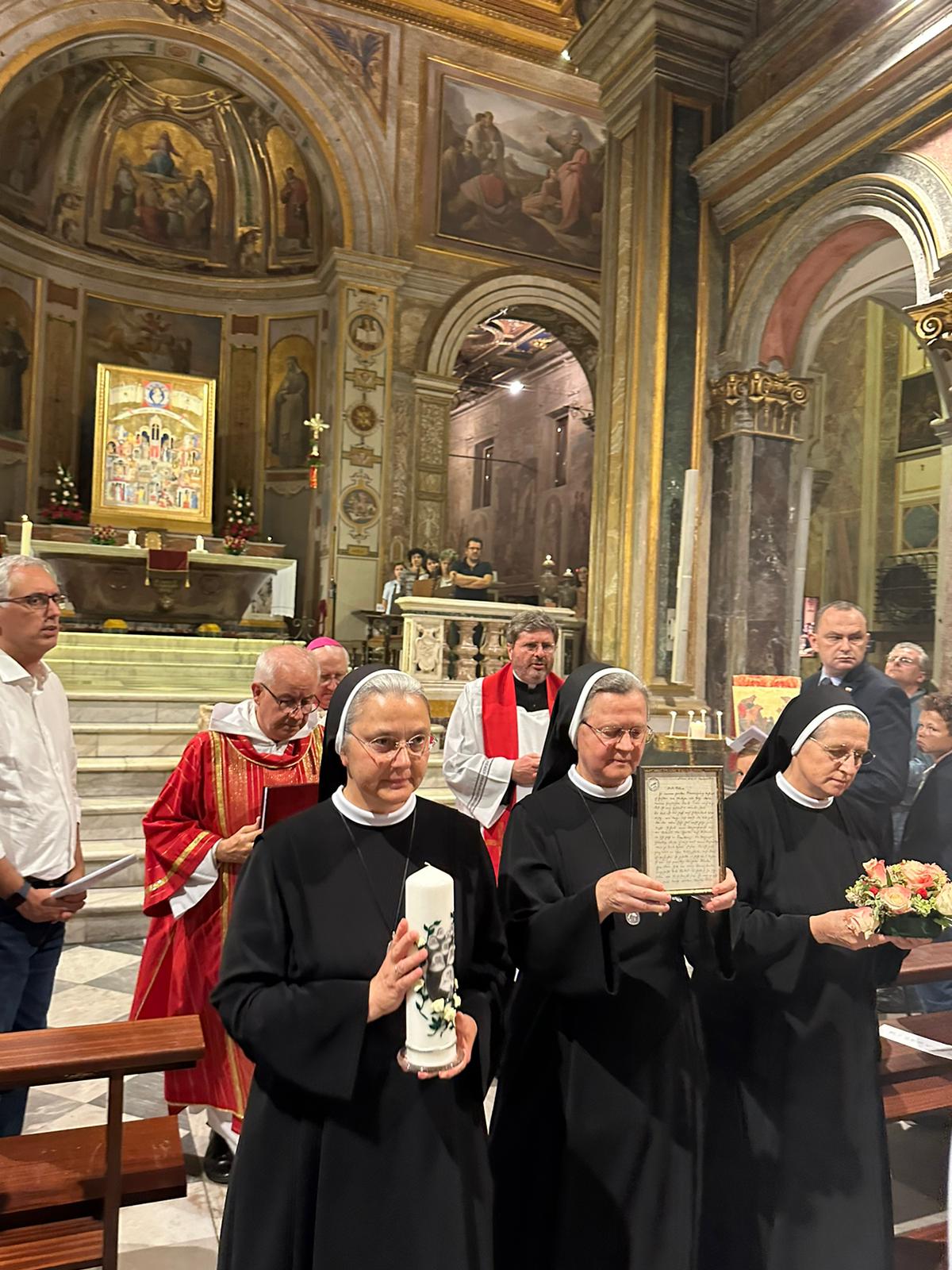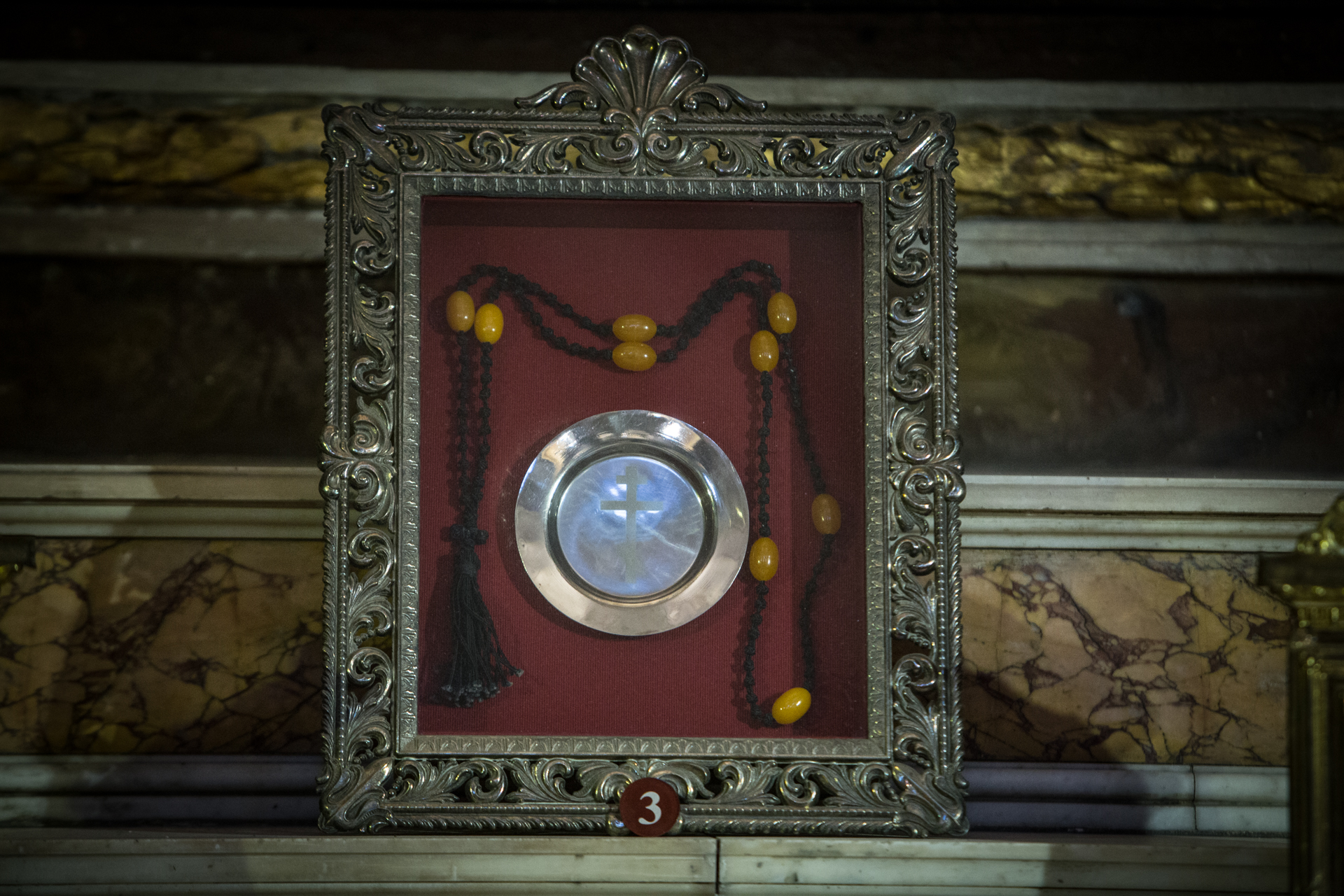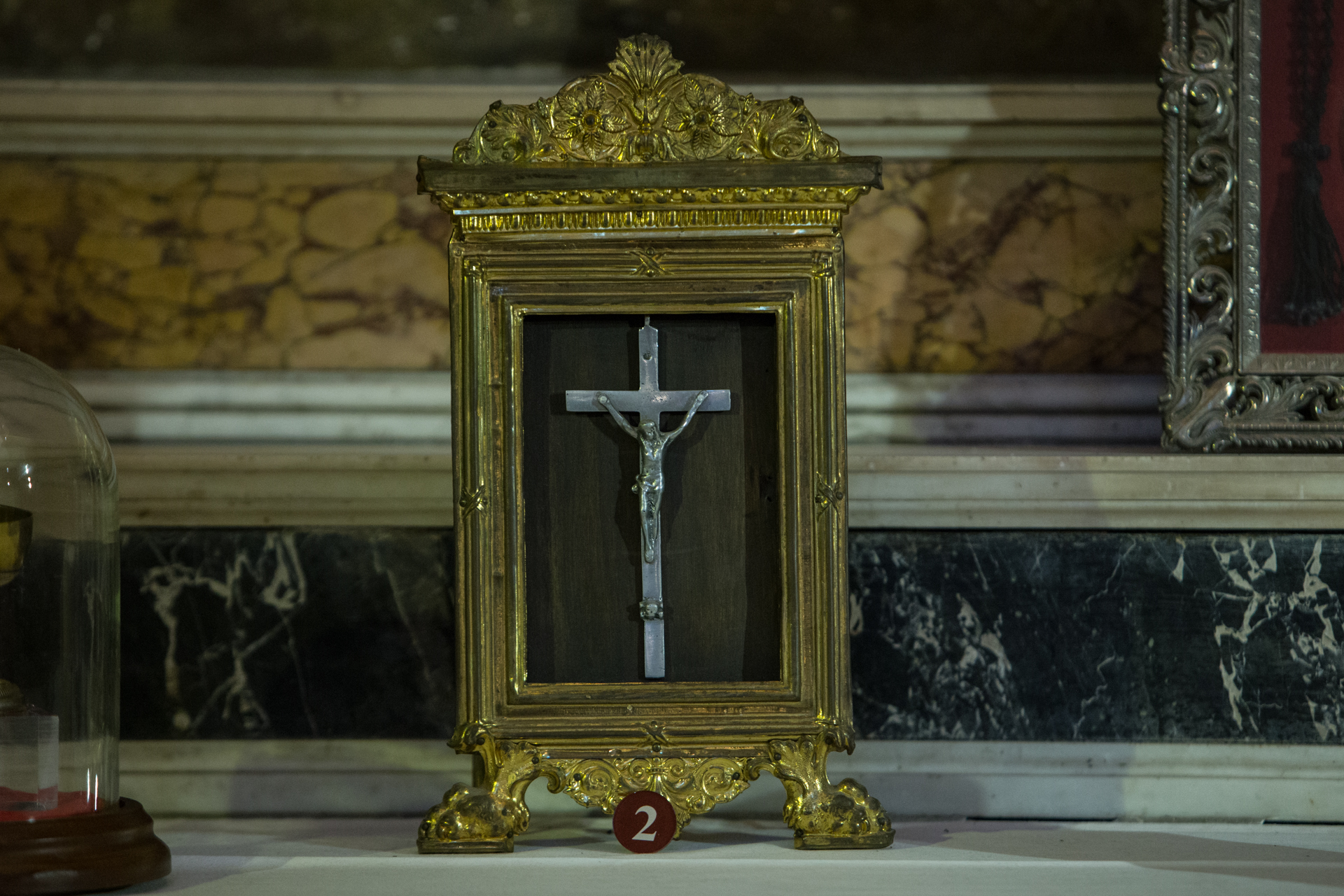Blessed Jerzy Popiełuszko was born on 14 September 1947 in Okopy near Suchowola, near Białystok in north-eastern Poland. The deep religious atmosphere of his family, permeated by Marian devotion, moulded in him from his youth the traits of a strong spirituality, which over the years would lead him to a maturity of faith and an extraordinary pastoral ministry. After his baccalaureate examination, in 1965, he entered the Warsaw Major Seminary, beginning a six-year course in philosophy and theology. At the beginning of his second year of study he was called up for military service and in the years 1966-1968 did his military service in one of the special military units, created especially for Seminary students. In these units, the Communist authorities conducted strong political indoctrination, combined with anti-Church and anti-religious propaganda, trying in various ways to induce the seminarians to renounce theological studies and the priesthood. The soldier cleric Jerzy Popiełuszko was distinguished by the great courage with which he professed his ideas and carried out religious practices, which were hindered, mocked and stigmatised by the military authorities. His steadfastness drew much harassment and persecution upon him, which affected his state of health.
After his ordination to the priesthood in 1972, he carried out pastoral ministry in several parishes near Warsaw. Due to his poor health, in 1980 he was transferred as a resident to the parish of St Stanislaus Kostka in Warsaw, where among other things he provided pastoral care to the workers of the capital’s steelworks. After the declaration of martial law (13 December 1981), Fr Popiełuszko, from January 1982 onwards, engaged in the celebration of ‘Masses for the Homeland’, which gathered large crowds of the faithful. In special homilies delivered at these prayer gatherings, he would address spiritual and religious themes, but also current social and political-moral issues. He spoke of wrongs and injustices, the violation of fundamental human rights, forced atheisation and the depravity of society, and moral and physical violence. He expounded the social doctrine of the Church, based on the social encyclicals and the teachings of John Paul II and the Servant of God, Card. Stefan Wyszyński, Archbishop of Warsaw.
As a reaction to his pastoral activity, the Communist authorities staged an intense campaign of defamation and repression against him, calling him a troublemaker, guilty of disturbing social peace, a political agitator, and finally accusing him of illegal activities of a political nature, which was followed by police provocations and prosecutions. Kidnapped on 19 October 1984 by Communist State Security Service officials, he was brutally murdered. His funeral, immediately dubbed ‘historic’ due to its form and huge crowd participation, took place on 3 November 1984. It was attended by the Archbishop of Warsaw and Primate of Poland Card. Józef Glemp, a dozen bishops, over a thousand priests, diplomats and hundreds of thousands of Poles.



